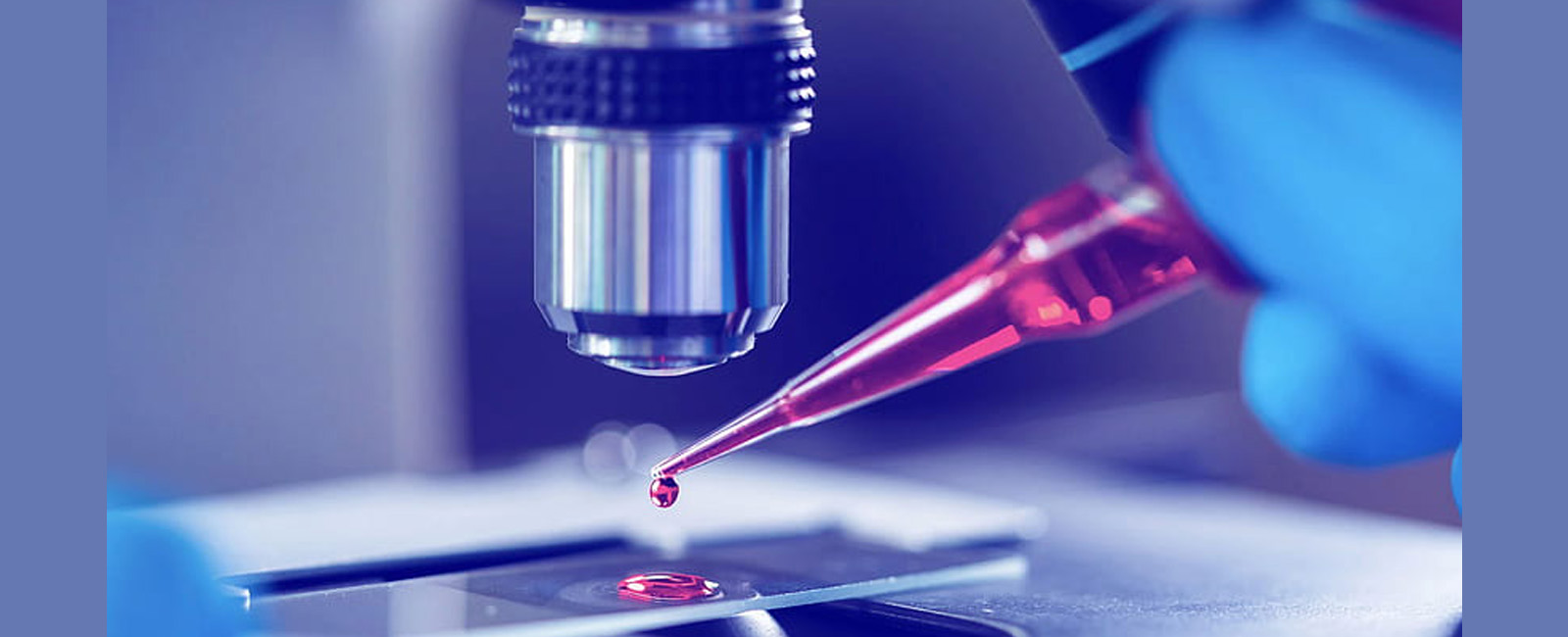Department of Pathology and Laboratory Medicine
Pathology and Laboratory Medicine is the basis of modern medical knowledge. It stands at the forefront of diagnostics in modern day medicine. It underpins every aspect of patient care, from diagnostic testing and treatment advice to using cutting-edge genetic technologies and preventing disease.
Pathology and Laboratory Medicine encompasses various disciplines i.e. histopathology (the study of tissues and cells), Chemical Pathology (the study of altered biochemistry of humans, hematology (the study of blood), microbiology (the study of bacteria, viruses, fungi and parasites) and medical genetics.
At the Pathology Department, NUST School of Health Sciences, we strive to provide the best student experience through adoption of evidence based practices in educational programs within a clinical and research intensive environment. The department is staffed with experienced pathologists who excel in teaching and researching diseases and their mechanisms.
Students will gain an understanding of diseases through interactive lectures, laboratory investigations, microscopic examinations of tissue specimens and ‘real-life’ clinical scenarios. Linking pathological findings to clinical presentations helps students understand disease manifestations and treatment modalities and bridges the gap between bench and bedside.
Pathology department is the hub of medical research, aiming to produce high impact research to expand our basic understanding of human health and disease and share expertise, fostering interdisciplinary collaboration, and provide exemplary educational and scientific resources.
We also offer efficient, comprehensive and high quality diagnostic services for optimal patient outcome and health. Our diagnostic laboratories regularly participate in proficiency testing to assess and ensure conformance to quality standards and serve as a benchmarking tool.

Head of Department Message
Dr Azhar Qayyum
Pathology is an essential discipline forming the basis for understanding various medical specialties and their diagnostic approach. In the undergraduate medical curriculum, Pathology plays a pivotal role in shaping future physicians and surgeons. Teaching forms the core of department’s responsibilities. The subject of Pathology is taught in a modular curriculum integrated with other basic sciences in the first four years of the MBBS program. This approach integrates various modules, enhancing the learning experience of medical students. Integration also allows students to apply their knowledge of Pathology directly to clinical scenarios, bridging the gap between theoretical concepts and practical application. Undergraduates are taught by comprehensive lectures, practical sessions, small group discussions and case based learning that enable students to comprehend the underlying mechanism of diseases and their clinical implications. Our team of faculty and hospital staff are committed to achieve the goals of excellence in teaching, research and patient care. The department has highly experienced individuals who excel in their respective fields. The faculty members are renowned experts in their areas of specialization including Histopathology, Microbiology, Chemical Pathology and Hematology. The faculty of Pathology has published numerous research articles in national and international medical journals and presented their research in scientific conferences. The department is continuously striving to achieve excellence and innovation in the field of medical education and research. At Pathology department, we have one museum with numerous tissue specimens, tutorial rooms and Teaching lab equipped with multimedia and internet facility. Hospital has fully equipped laboratory setups comprising of Histopathology, Microbiology, Haematology, Clinical Pathology and Blood bank. Our supportive staff members also work tirelessly, providing administrative support, maintaining our laboratories and ensuring a conducive learning environment.
Read More

